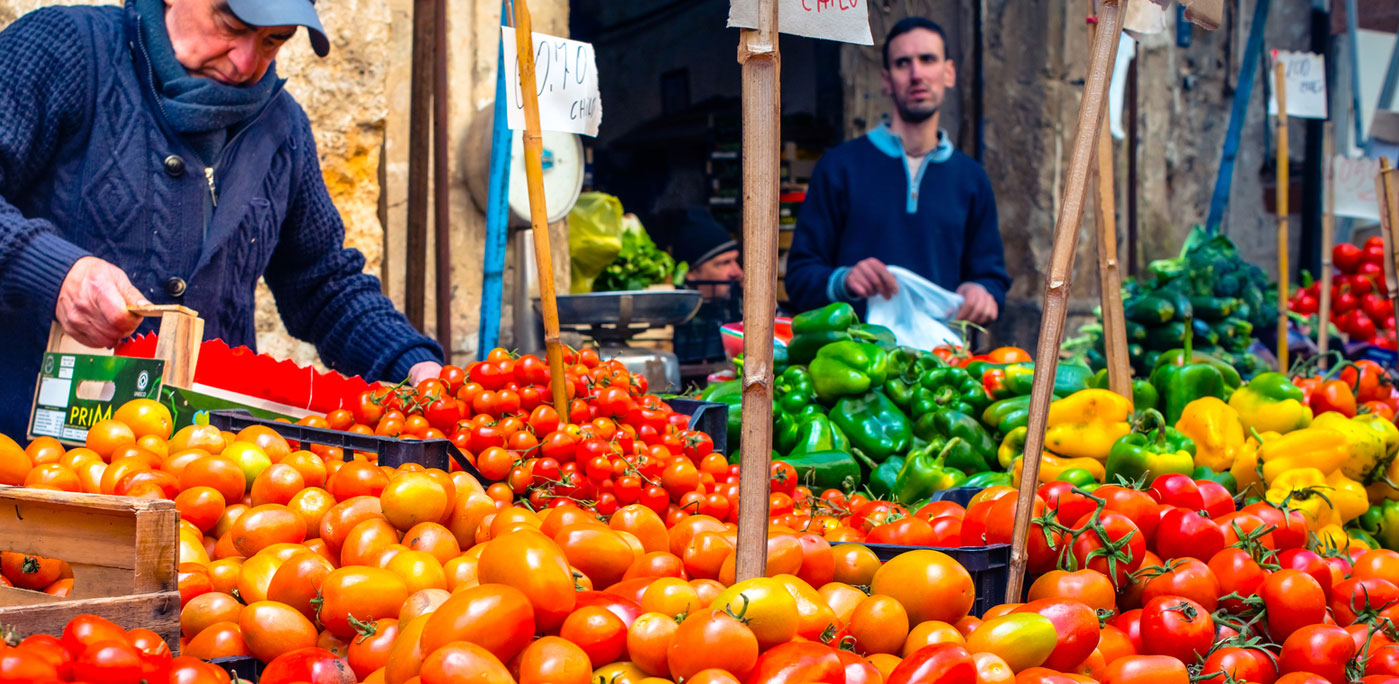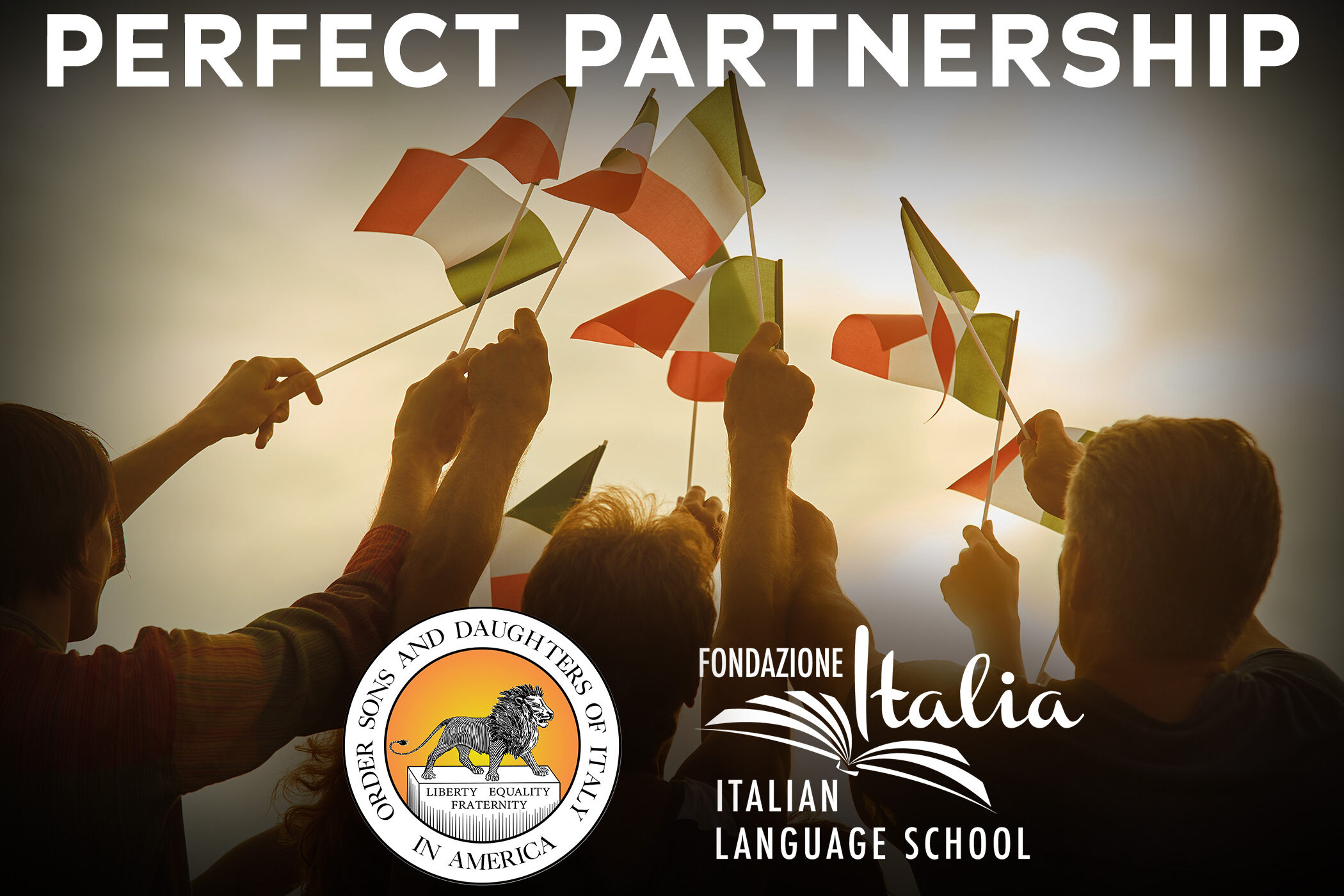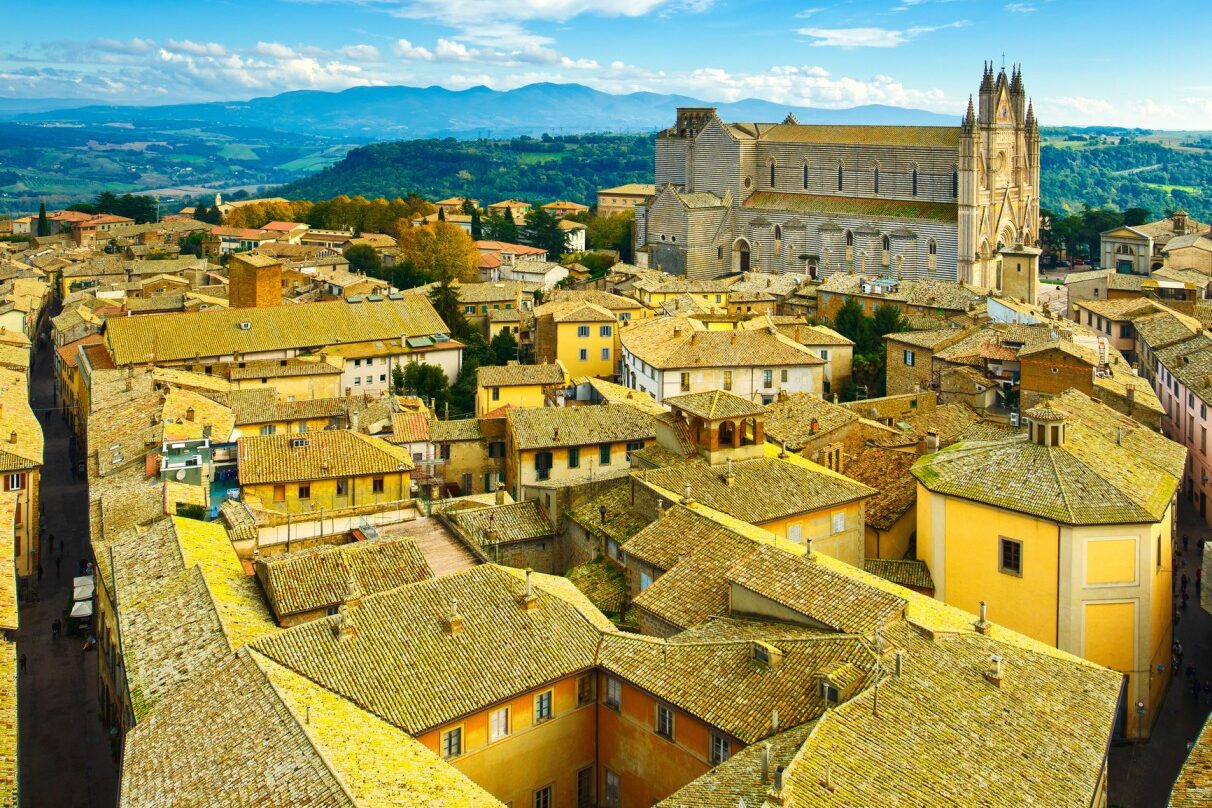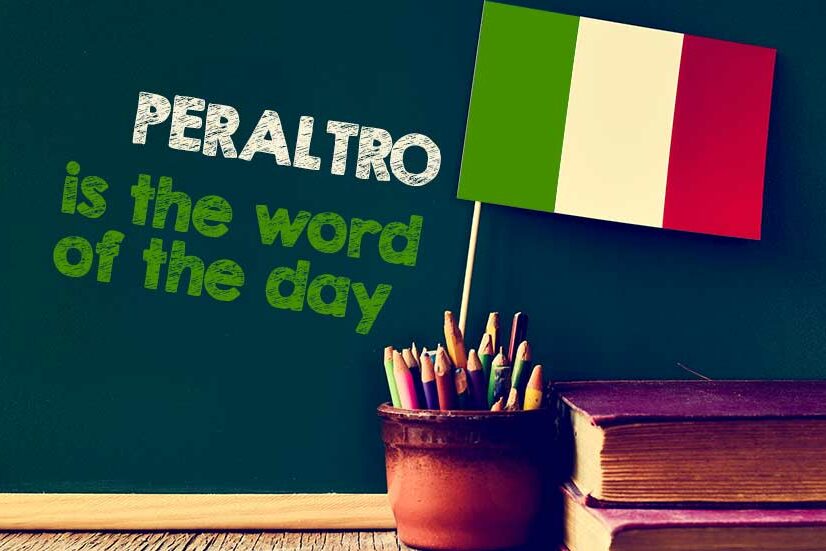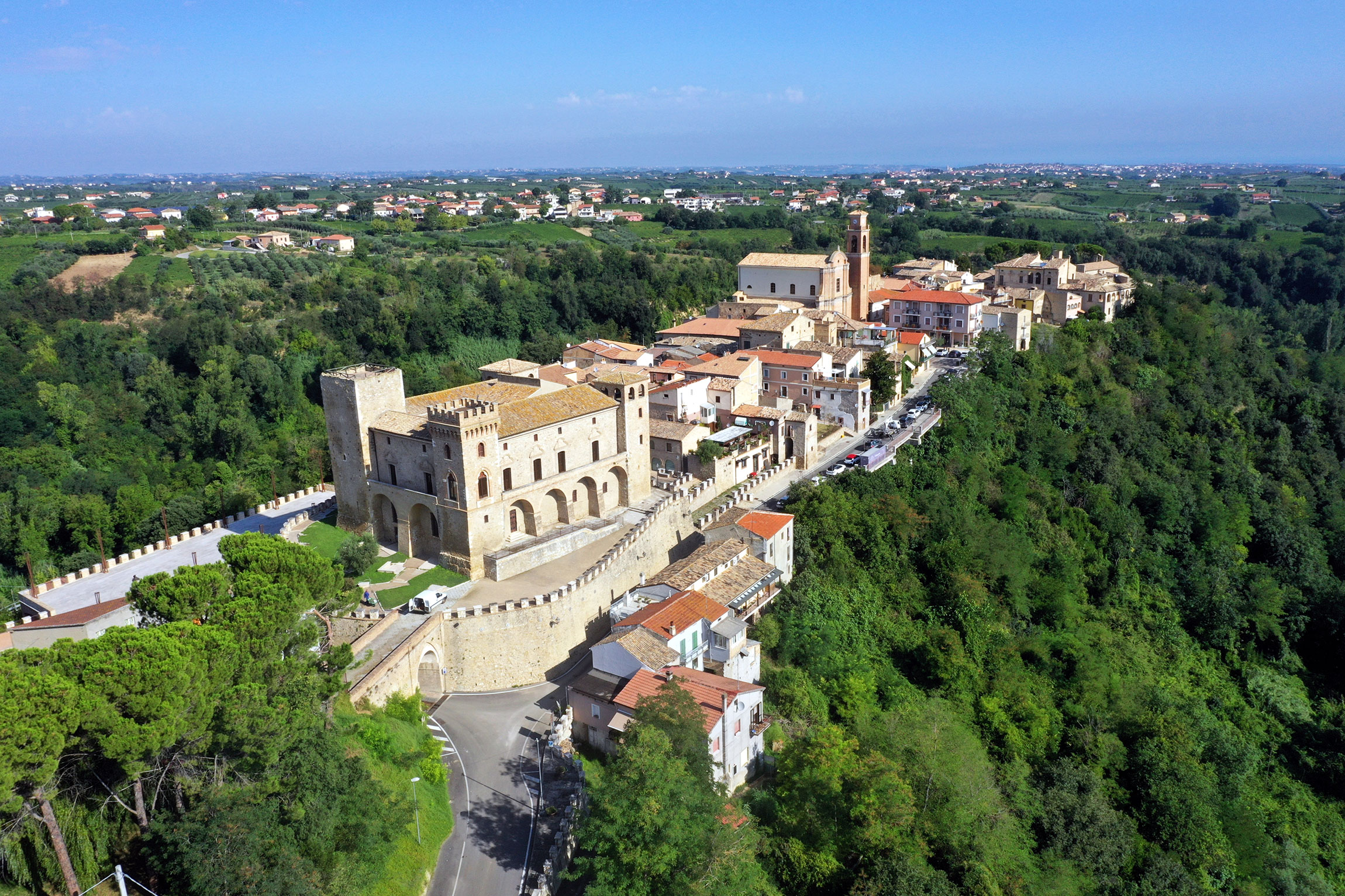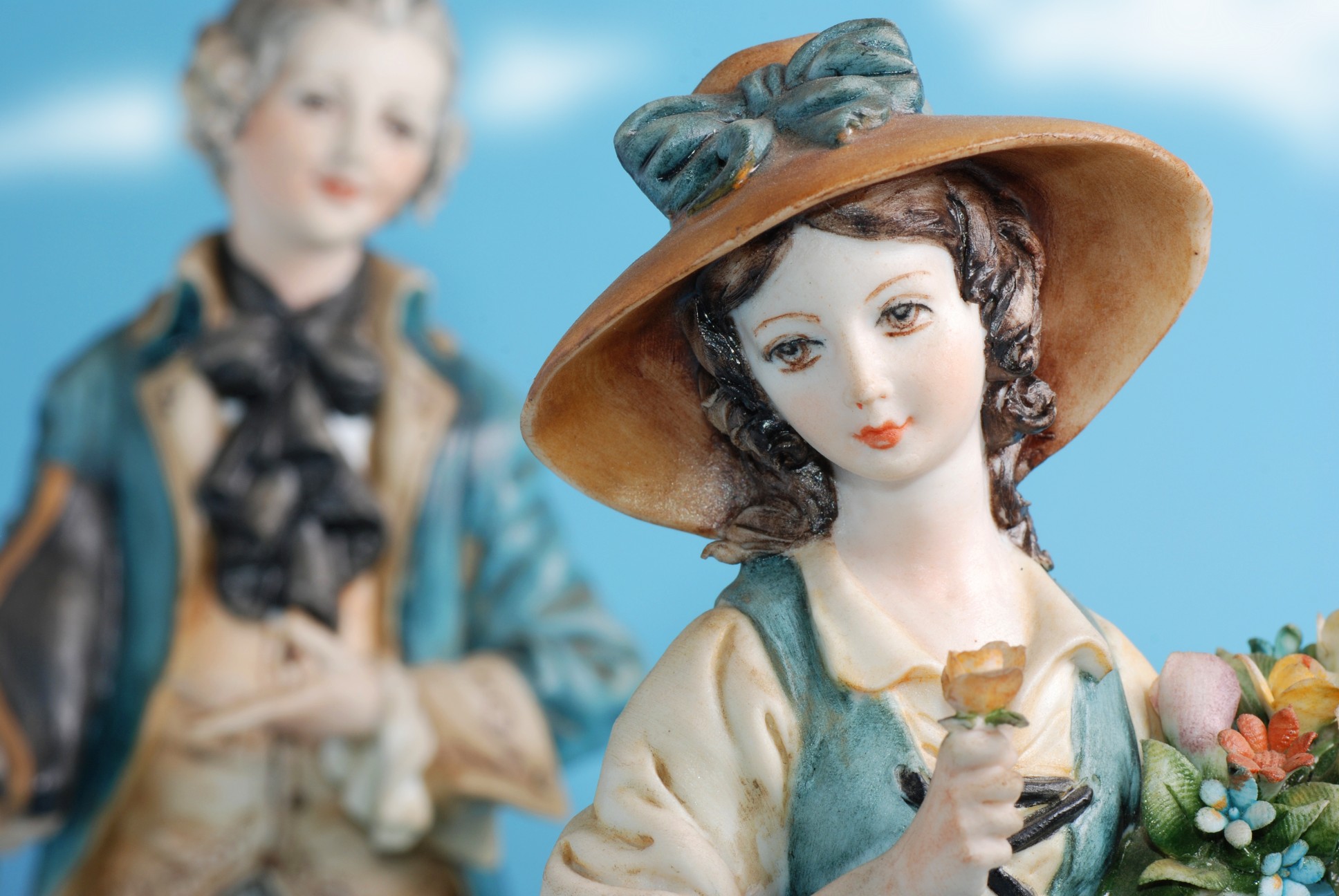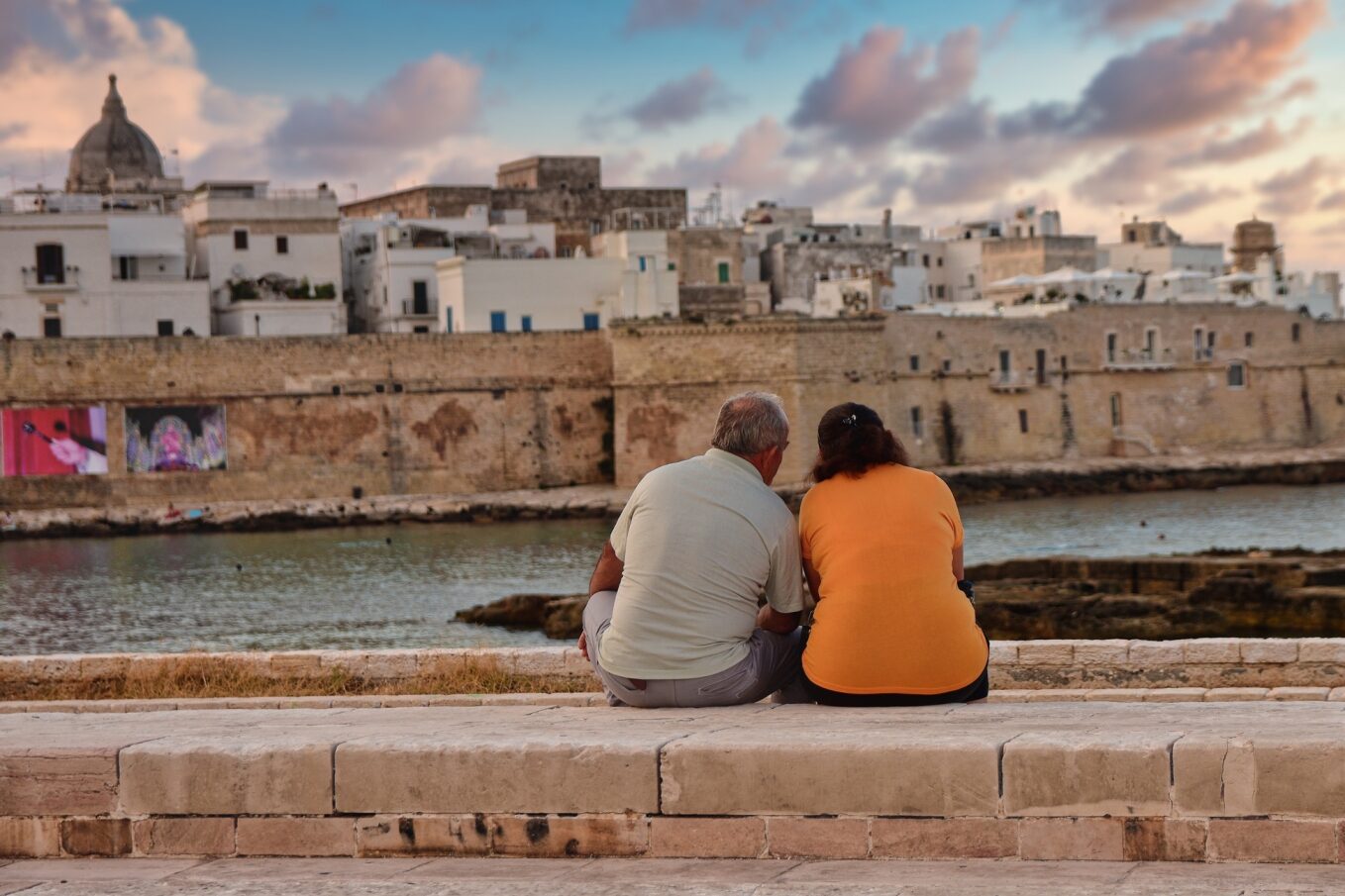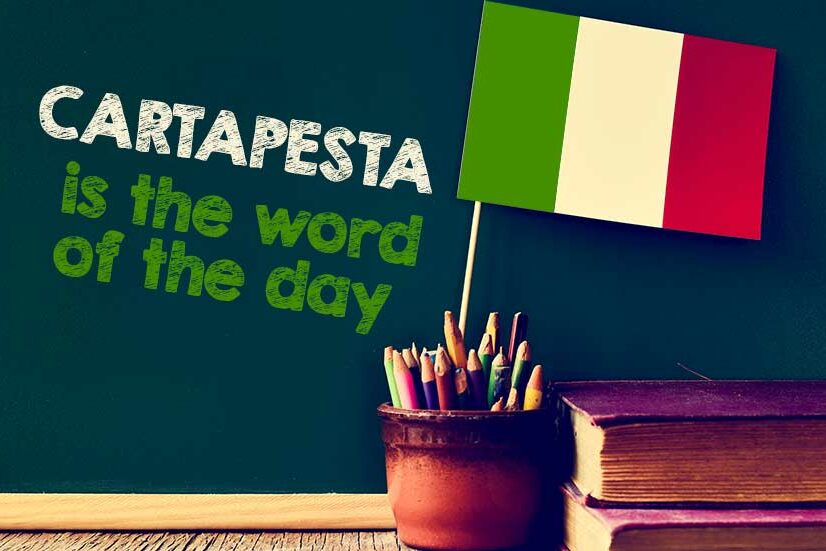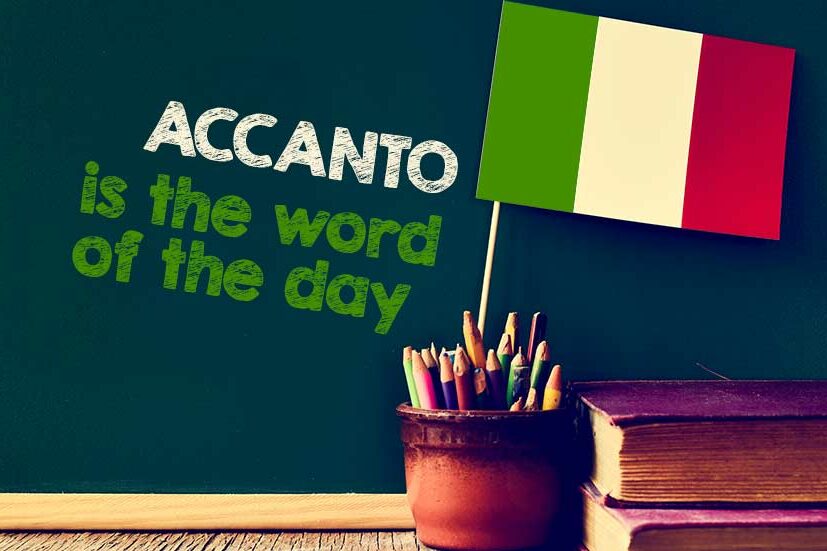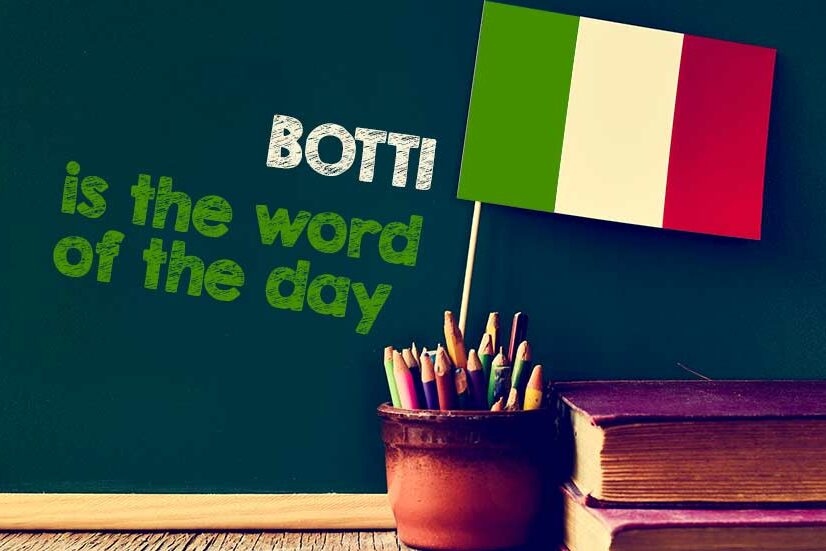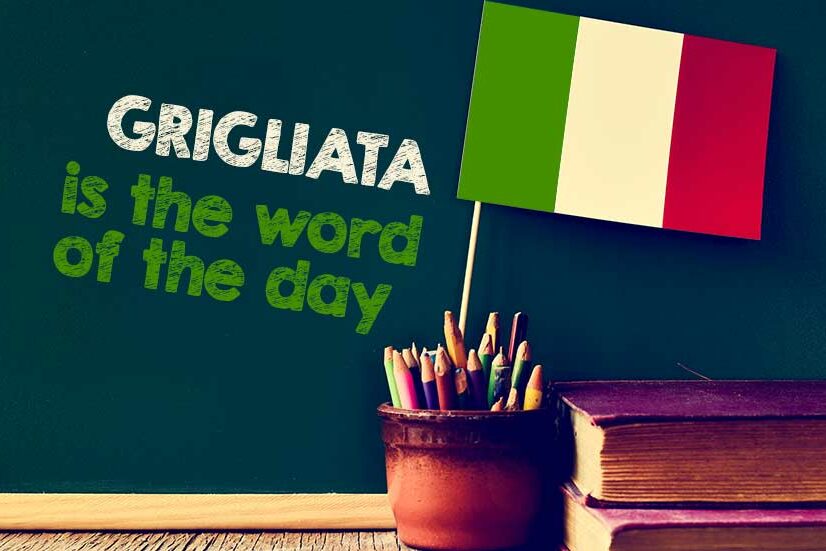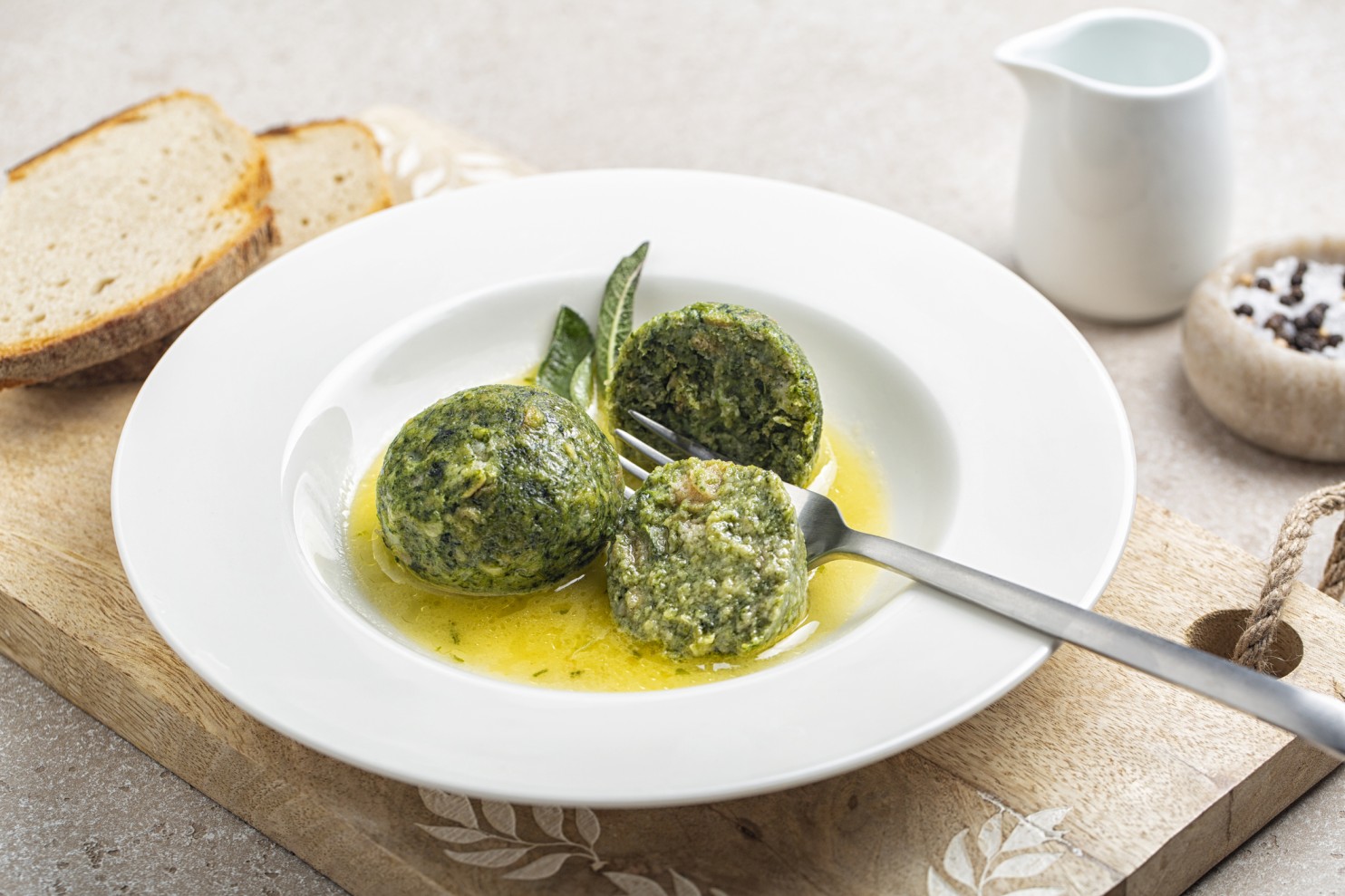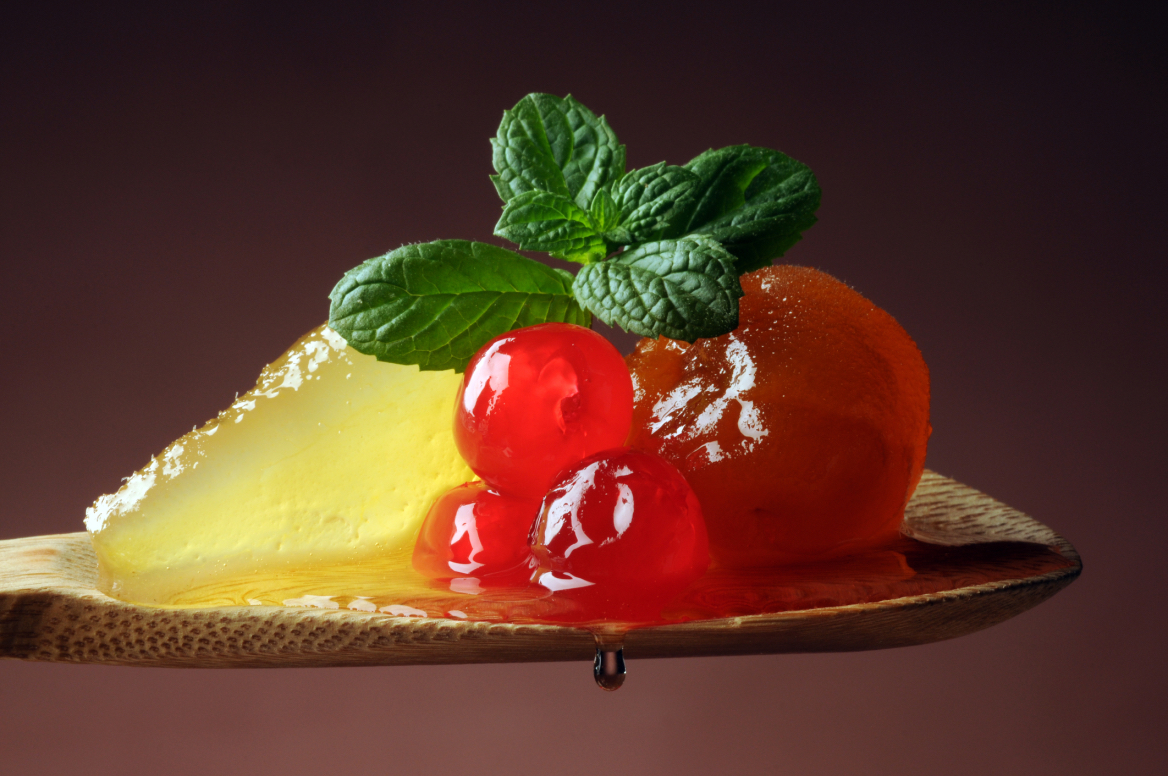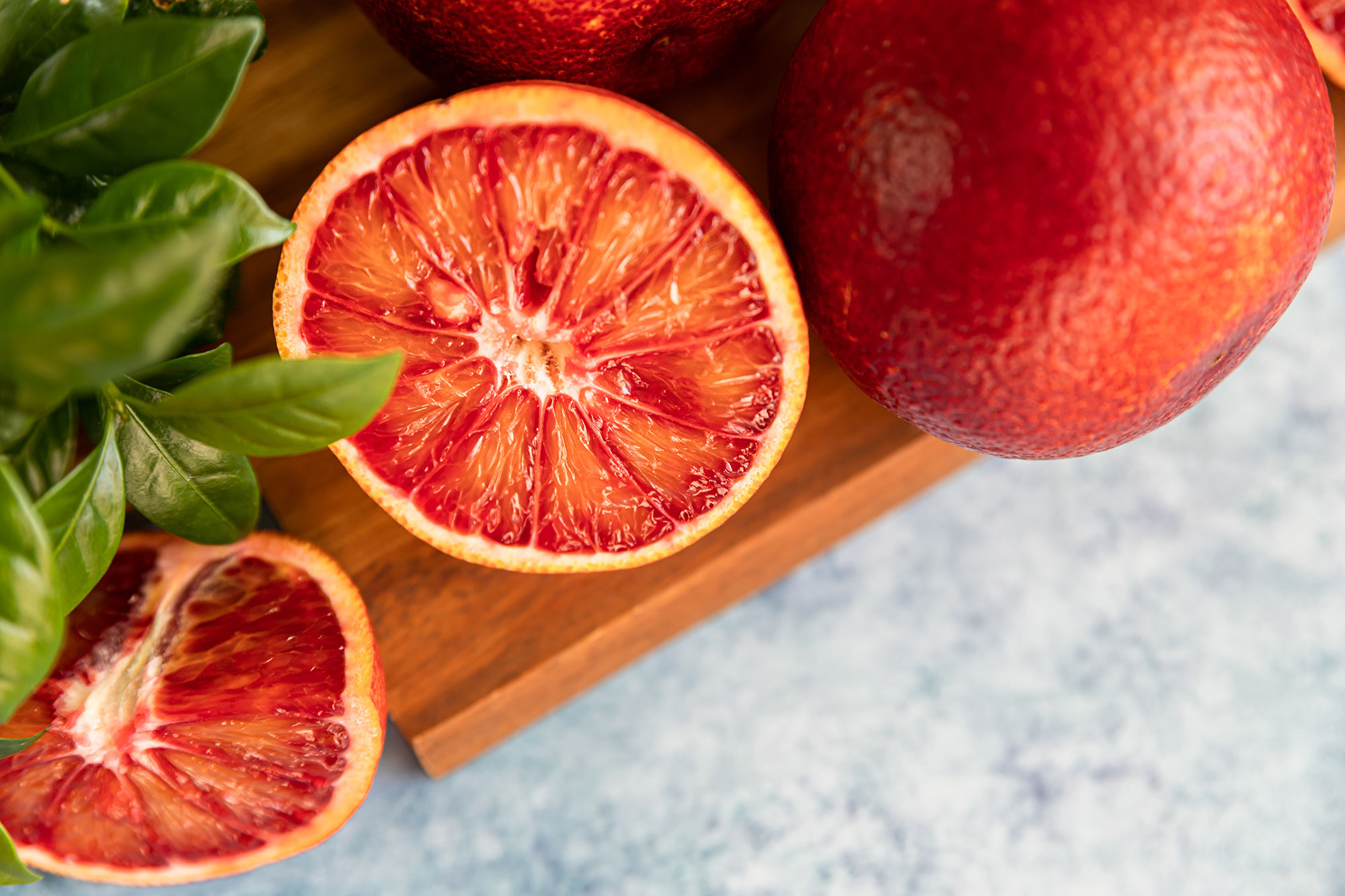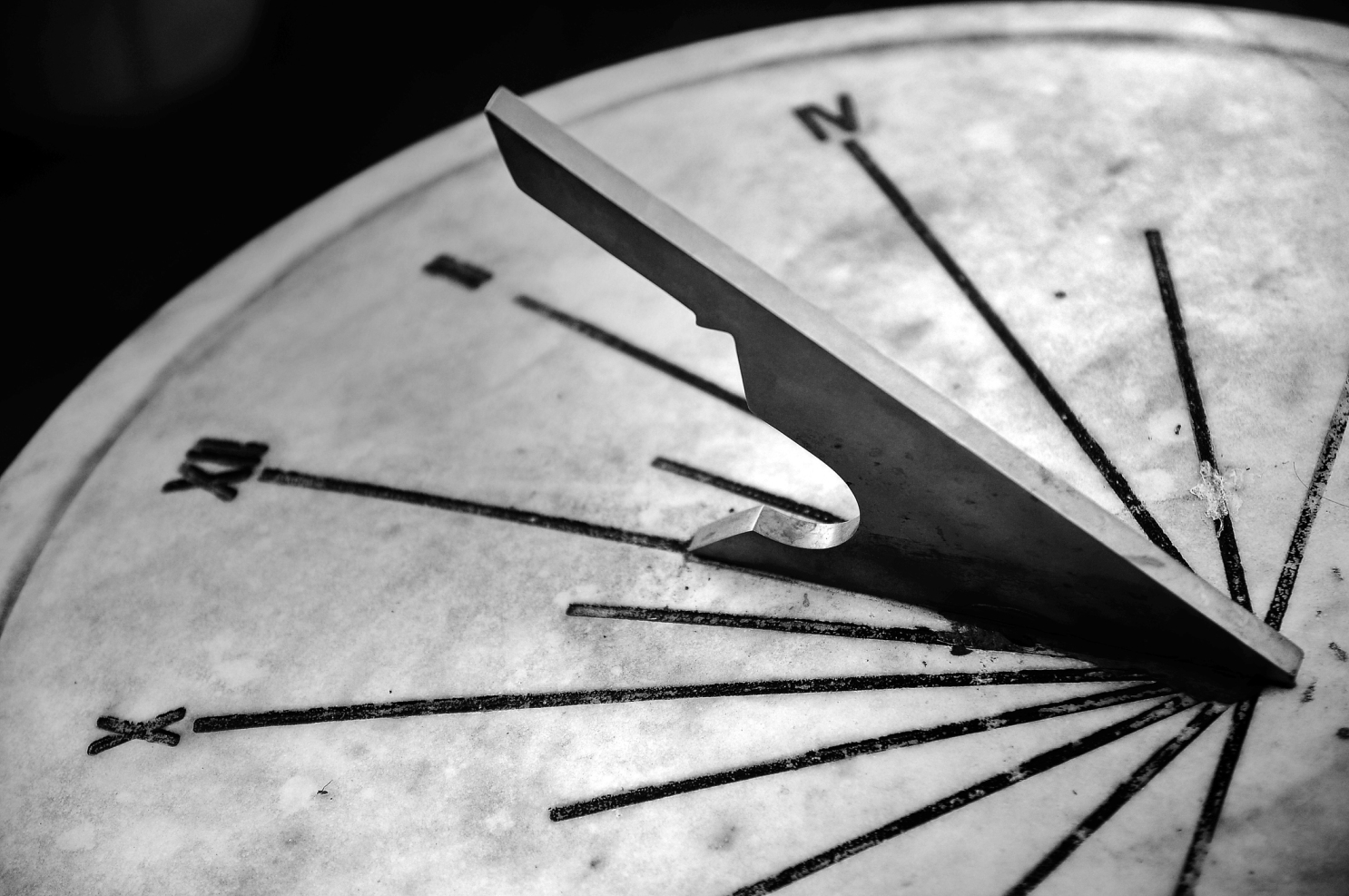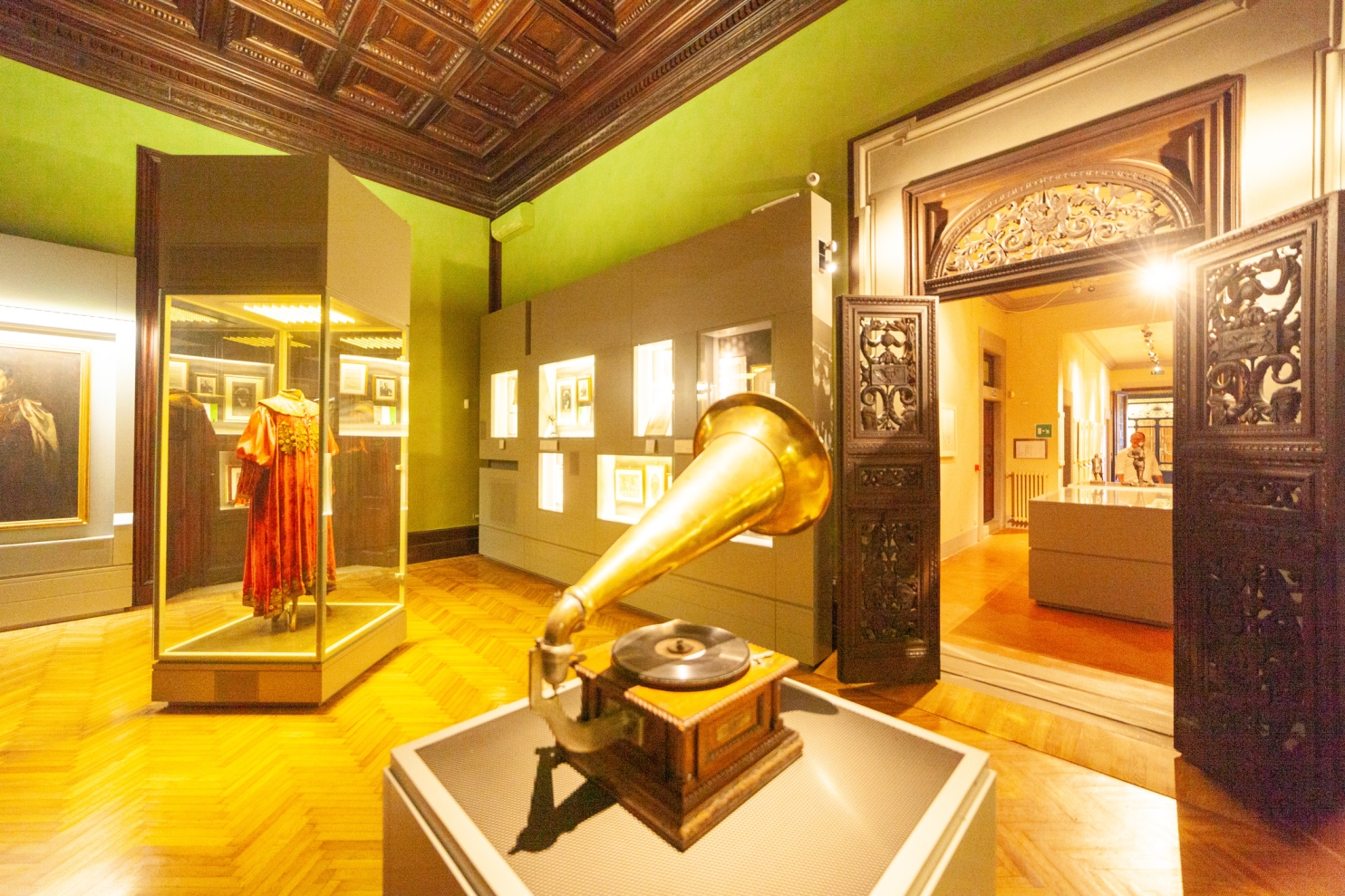What comes to mind when you think of Sicily?
Breathtaking Mediterranean beaches? The movie The Godfather, perhaps? If it’s not the overabundance of food found in the streets, you need to think again.
The open-air street markets of Palermo, Sicily are hidden wonders, the most famous of which is arguably the Ballarò Market on the south side of the city. The market of Ballarò is situated right between the Martorana Church and Quattro Canti. The stalls are sprawled throughout the streets beneath tents and awnings while mopeds cruise through the aisles, as it is still a functioning street. This market is found in one of the poorest quarters of Sicily, and many of the surrounding buildings look fairly run-down, which in this case, only seems to add to the authenticity and experience of a Sicilian street market. The economic standing of the city is also one of the reasons there is so much street food in Palermo, since traditionally, street food was the food of poor people. Now it is enjoyed by everyone, but fortunately has maintained its low economic pricing.
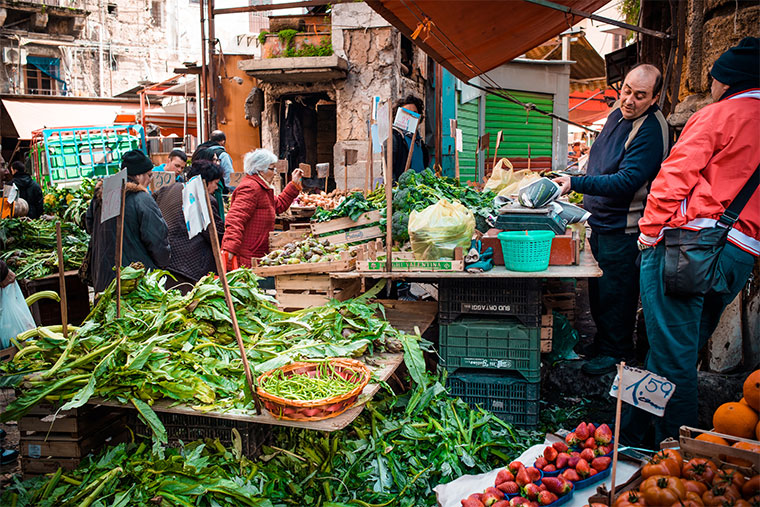
Historically, Sicily was a mixing ground for a number of cultures and ethnicities. Between the Arabs, Africans, and the Normans from the north, Sicily developed a unique culture of its own that persists in every facet of Sicilian life. The multicultural roots can’t be denied, with one source even calling it the “picnic basket of the world.” The evidence is etched in the names of the streets (written in Italian, Hebrew and Arabic), in the Moor-inspired architecture, with Catholic churches designed more like Muslim mosques, in the Middle Eastern Souk or African-Bazaar-like atmosphere, where animal heads are displayed in view from the street, their skinless bodies hanging from the ceilings of butcher’s shops, and every stall down every street full of chaos and energy, with vendors and customers shouting, waving their hands, even throwing food. Even the name of the market is of Arabic origin—Ballarò—which has been speculated to derive from the Arabic word All-ballarath, meaning a “market of mirrors.” The Ballarò market is hundreds of years old, and Sicily’s outdoor markets in general date back thousands of years, beginning under an influential Arab reign, which is why to this day there is such an African-Arabic vibe.
The multiculturalism is found everywhere, not least of all in the food. Some popular produce in the market are olives, eggplants, breads, pecorino (sheep cheese), prosciutto (many of the pigs are on all-natural diets, eating whatever they find in their pastures, so Sicilians will tell you even the fat is good), a type of long zucchini called cucuzze, tarocchi (blood oranges), chicory, herbs, artichokes, swordfish, prawns, and fresh meats like lamb and goat. Grab a few panelli for the road for only 1.50 Euro each. The flour is made from chickpeas—these are another remnant of Arab rule, introduced to Sicily in the tenth century—and were widely popular among the poor because chickpea flour was so cheap. Today, vendors will cook up a few panelli right in front of you with the promise, “Tutto pronto,” and serve the fritters hot out of the fryer into eagerly waiting hands.
Ask a Sicilian why their food is so good. The response will be enthusiastic and colorful. There is no lack of pride among Sicilians when it comes to their food, and they will claim that food grown and prepared on Sicilian soil is better than anywhere else. There is some evidence to support this. The land is incredibly fertile thanks in part to Mount Etna, the island’s active volcano, supporting endless miles of agriculture and vineyards on the east coast. Between Mount Etna and the Lake of Pergusa—which in Roman mythology, was the location of Proserpina’s kidnapping by Pluto, the god of the underworld—Sicilian soil is practically divine. In the myths, Proserpina was the daughter of Ceres, the goddess of the harvest and the fertility of the land, who then blessed or cursed the land depending on her mood, withholding her blessing every winter when her daughter was trapped in the underworld, yet giving back in abundance every year upon her daughter’s return. The point of pride among Sicilians results from the idea that the Greek/Roman goddess of agriculture walked among them, blessing the Sicilian countryside with her bounty. Whatever the reason, one thing is clear. Sicily is blessed in the culinary department, and anyone that visits the Ballarò market has the pleasure of treating themselves to the cornucopia of food and culture.
There is a reason the city was named Palermo. It originated from the Greek word “Panormus” meaning “all port” or “complete port.” The name of the city itself is an invitation. The name tells us that from every age, from every ethnicity, from every economic class, all are welcome. All are welcome to come. So come and see. Come explore the streets. And most of all, come and eat.
Note: The Arabic definition for Ballarò comes from The Year of Eating Dangerously by Tom Parker Bowles. Published by St. Martin’s Griffin on August 19, 2008.
